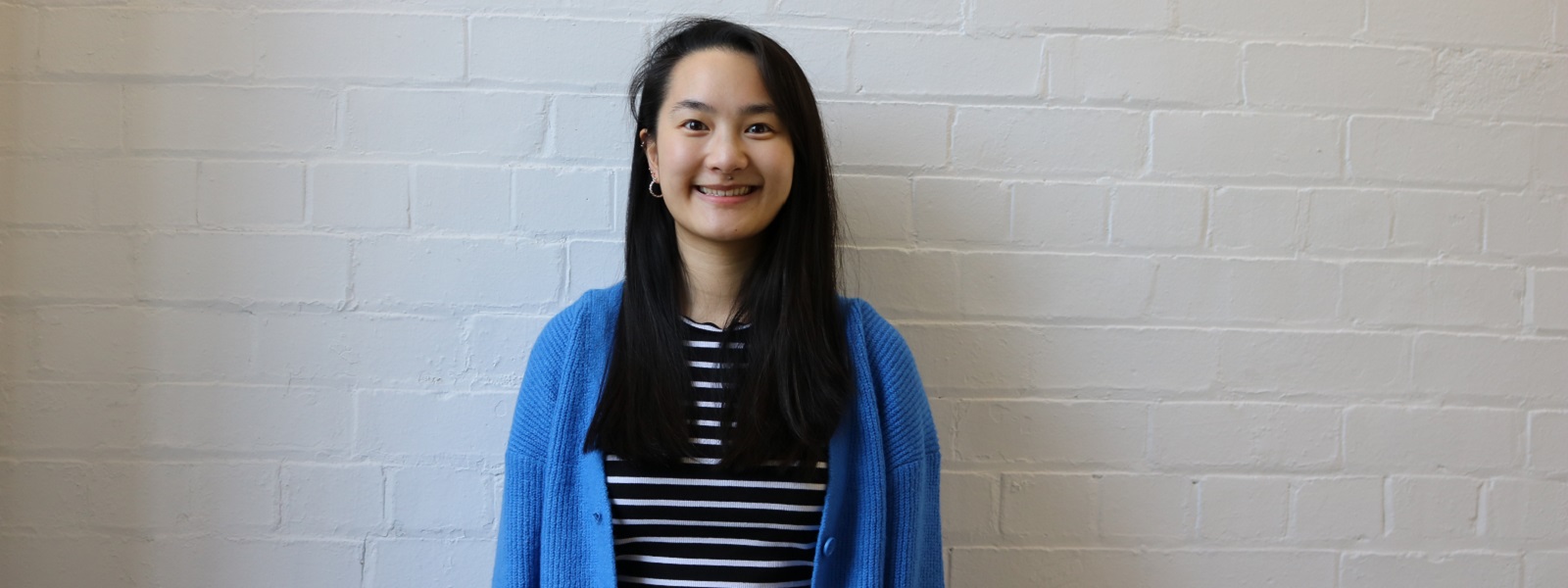Nikki Chung
MSc Applied Gender Studies (Research Methods)
What inspired you to study your course?
I studied Sociology at undergraduate level at Glasgow University and had undertaken a few modules related to gender. I found these modules most interesting, and it came to my realisation that the subject of gender was deeply embedded in everyday life from gender stereotypes even to toilet inequality! However, as much as I was aware of these problems, there was little progress in changing attitudes and little understanding towards what gender is and the roles it plays in understanding structural inequality. As such, I wanted to enhance my existing knowledge on gender theories, while also learning new theories.
Why did you choose to continue studying (for your MSc) at the University of Strathclyde?
I studied at Glasgow University for my undergraduate degree but I chose the University of Strathclyde because there was a Research Methods route. In particular, the modules here meet the criteria for ESRC funding, which will be important when applying for a PhD. However, regardless of whether you are considering doing a PhD or not, it is beneficial to have research methods skills as it increases your critical thinking and you can also familiarise yourself with statistics programmes. Additionally, the Research Methods modules have allowed me to gain multiple perspectives on methodology and methods within the social sciences.
This course was also appealing to me because it is very practical. During my undergrad, all of my classes were theory based, and so having the option to do a Research Placement as well as doing the (optional) Advanced Topic module has given me the opportunity to utilise the knowledge I have learned from class and apply it in the real world. This is also a useful way to network and meet like-minded individuals.
The Feminist Research Network is also unique to Strathclyde University, and great for both staff and students (whether studying Gender Studies or not) to attend seminars that run throughout the academic year. These seminars are presented by staff on their areas of interest and are very thought-provoking and relevant to contemporary society.
The Feminist Reading Group is also held throughout the academic year where again both staff and students (whether studying Gender Studies or not) come together to read and discuss a topic of choice related to feminism. It’s a great way to meet new people and also read articles and books that are not on your reading list. We read one called ‘Sexist Words, Speciesist Roots’, which provides a gendered analysis of the language used when we use animal names to describe humans - again, very thought-provoking and interesting.
What has been the highlight of your time at Strathclyde so far?
Strathclyde University offers a great variety of societies and sports clubs where you can meet like-minded individuals and join those societies and sports clubs that (like me) you never got round to joining at undergraduate level.
What specialist knowledge/professional skills have you developed whilst studying the course?
Firstly, I have gained an advanced understanding of the philosophical underpinnings and the technical terms of social research as well as learning to evaluate different research methods. This will allow me to be more critical of existing research, and is also a skill I will be able to bring with me in the future.
Secondly, at a Masters level, there is a lot of coursework to complete, which can be daunting at times, but this has really helped me to develop my time management skills, especially when trying to balance a part-time job at the same time. This is an invaluable skill to have as it makes me prioritise my work.
What would be your advice for people considering taking this course?
Some may disagree, but if you are torn between two courses like I was, go for the one that you are most passionate about - you’ll get more out of it and do better in the assignments if you already have a deep interest in it. Remember, the skills you will learn in whatever course you apply for are transferable, so it won’t matter too much (in some cases) if you don’t go for the course that’s specifically related to what you want to do. And I promise you will not regret taking this course!
What have been the main challenges studying at postgraduate level?
The financial aspect is quite challenging and working part-time and balancing studying can be quite intense. However, I was very fortunate to have received funding from the MSc Applied Gender Studies Community Bursary, which offers a £700 fee reduction if you are in a paid or voluntary role at one of the community partner organisations listed under the Gender Studies page. This has taken away some financial stress.
What do you think of the support available?
The support has been great! Karen (Boyle) is very approachable and she really cares for her students. She is always recommending university services such as the Royal Literary Fund, which is good for if you want to polish your writing. There are also really good library services, and skills top-up sessions available if you need it.
What are your ambitions for the future?
The Research Methods route has equipped me with both qualitative and quantitative method skills, which will allow me to pursue a career as a Policy Officer or a Social Researcher.
